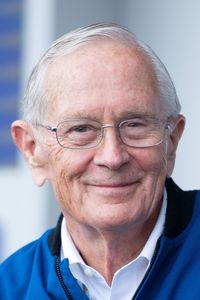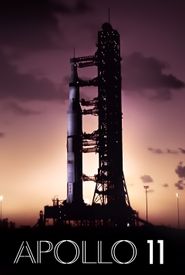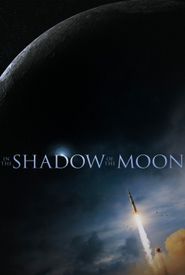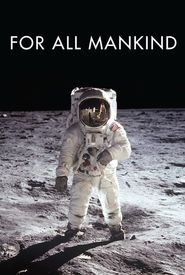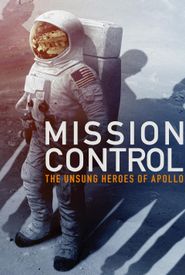Charles Moss Duke Jr. is a renowned American astronaut, United States Air Force officer, and test pilot, born on October 3, 1935. As the lunar module pilot of Apollo 16 in 1972, he achieved the distinction of being the tenth and youngest person to set foot on the Moon, at the remarkable age of 36 years and 201 days.
Duke's impressive educational background began with his graduation from the United States Naval Academy in 1957. He then joined the United States Air Force and completed advanced flight training on the F-86 Sabre at Moody Air Force Base in Georgia, earning the title of distinguished graduate. Subsequently, he served as a fighter pilot with the 526th Fighter-Interceptor Squadron at Ramstein Air Base in West Germany for three years.
After graduating from the Aerospace Research Pilot School in September 1965, Duke stayed on as an instructor, teaching control systems and flying in various aircraft, including the F-101 Voodoo, F-104 Starfighter, and T-33 Shooting Star.
In April 1966, Duke was selected as one of the nineteen men chosen for NASA's fifth group of astronauts. He later served as a member of the astronaut support crew for Apollo 10 and as CAPCOM for Apollo 11, the first crewed landing on the Moon. His distinctive Southern drawl became familiar to audiences worldwide, as the voice of Mission Control, anxiously guiding the Apollo 11 crew through a perilous landing.
Duke's first words to the Apollo 11 crew on the Moon's surface were a testament to his unique personality, "Roger, Twank...Tranquility, we copy you on the ground. You got a bunch of guys about to turn blue. We're breathing again. Thanks a lot!"
As a testament to his adaptability, Duke was backup lunar module pilot on Apollo 13, but was replaced by Jack Swigert due to his exposure to rubella, inadvertently putting the prime crew at risk. He then served as command module pilot on Apollo 16, alongside John Young, landing at the Descartes Highlands and conducting three extravehicular activities (EVAs). Duke also served as backup lunar module pilot for Apollo 17.
After his retirement from NASA on January 1, 1976, Duke entered the Air Force Reserve, serving as a mobilization augmenter to the Commander, USAF Basic Military Training Center, and to the Commander, USAF Recruiting Service. He graduated from the Industrial College of the Armed Forces in 1978 and was promoted to brigadier general in 1979. He retired from the Air Force in June 1986, having accumulated an impressive 4,147 hours of flying time, including 3,632 hours in jet aircraft and 265 hours in space, including 21 hours and 38 minutes of EVA.
